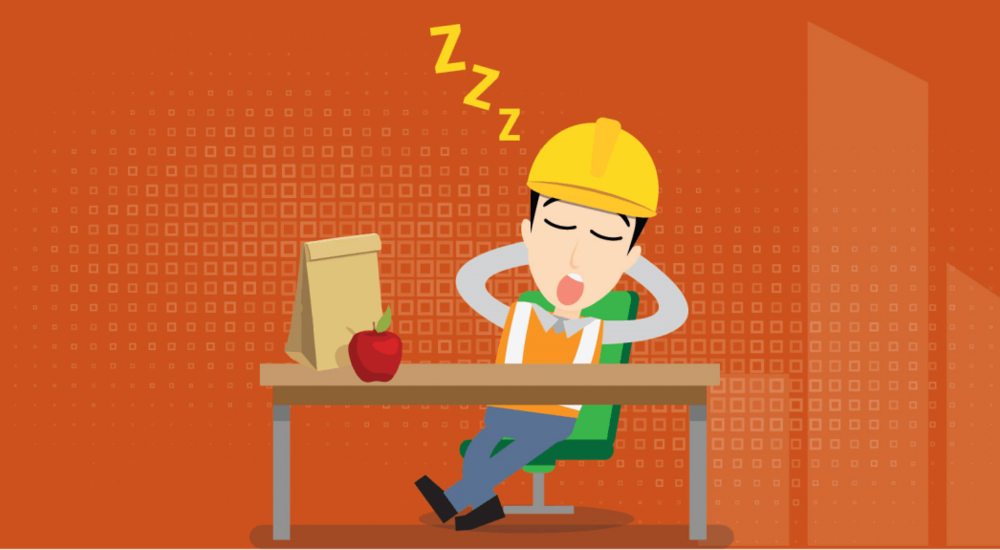
Fatigue Management - National Safe Work Month
October is National Safe Work Month and is a great opportunity for all of us to focus on promoting safety in the workplace to reduce death, injury and disease, so be proactive in managing your fatigue.
What is Fatigue?
Fatigue is more than feeling tired and drowsy. In a work context, fatigue is a state of mental and/or physical exhaustion that reduces a person’s ability to perform work safely and effectively.
It can occur because of prolonged or intense mental or physical activity, sleep loss and/or disruption of the internal body clock.
Signs of fatigue include:
Tiredness even after sleep
Reduced hand-eye coordination or slow reflexes
Short term memory problems and an inability to concentrate
Blurred vision or impaired visual perception
A need for extended sleep during days off work
What causes Fatigue?
Fatigue can be caused by work related or non-work related factors or a combination of both.
Work related causes of fatigue include excessively long shifts, not enough time to recover between shifts and blocks of shifts, very strenuous jobs and long commuting times. An example of non-work related fatigue would be poor quality sleep due to street noise or family demands.
The body clock
Most people are day-orientated meaning they are most alert and productive in the daytime and sleep at night.
The circadian rhythms (the body clock) cause regular variations in individual body and mental functions repeated approximately every 24 hours. These rhythms regulate sleeping patterns, body temperature, heart rate, hormone levels, digestion and many other functions.
Circadian rhythms influence job performance and quality of sleep. Most of the body’s basic functions show maximum activity by day and minimum activity by night. These body rhythms affect the behaviour, alertness, reaction times and mental capacity of people to varying degrees.
Reducing the risk of fatigue
To reduce the risk of being involved in a work incident caused by fatigue, you should:
Comply with your organisation’s policies and procedures relating to fatigue.
Understand your sleep, rest and recovery needs and obtain adequate rest and sleep away from work.
Seek medical advice and assistance if you have or are concerned about a health condition that affects your sleep and/or causes fatigue.
Assess your own fitness for work before commencing work.
Monitor your level of alertness and concentration while you are at work.
Look out for signs of fatigue in the people you work with.
In consultation with your supervisor, take steps to manage fatigue, for example take a break or short nap (night shift), maintain hydration (drink water), do some stretching or physical exercise, adjust the work environment (lighting, temperature).
Talk to your supervisor or manager if you foresee or experience being impaired by fatigue likely to create a health and safety risk e.g. because of a health condition, excessive work demands or personal circumstances.
Assess your fatigue levels after work and take suitable commuting and accommodation options (e.g. avoiding driving if fatigued).
WorkPac is focused on Zero Harm, the safety of our people is our absolute priority. To report a safety incident or hazard call us on 1300 967 572.
